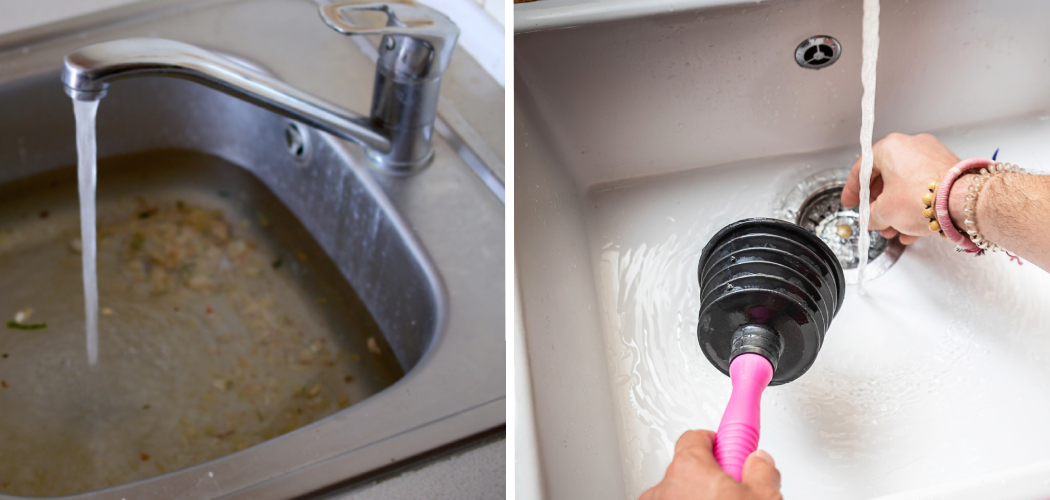It’s no secret that drains can get clogged up pretty easily. From hair to food particles, all sorts of things can clog your drain and cause a messy backup. Keeping your drains clean is an important part of maintaining your home. Unfortunately, it can be difficult and expensive to fix if drains become clogged. Fortunately, there are some simple things you can do to keep your drains clean and flowing freely.
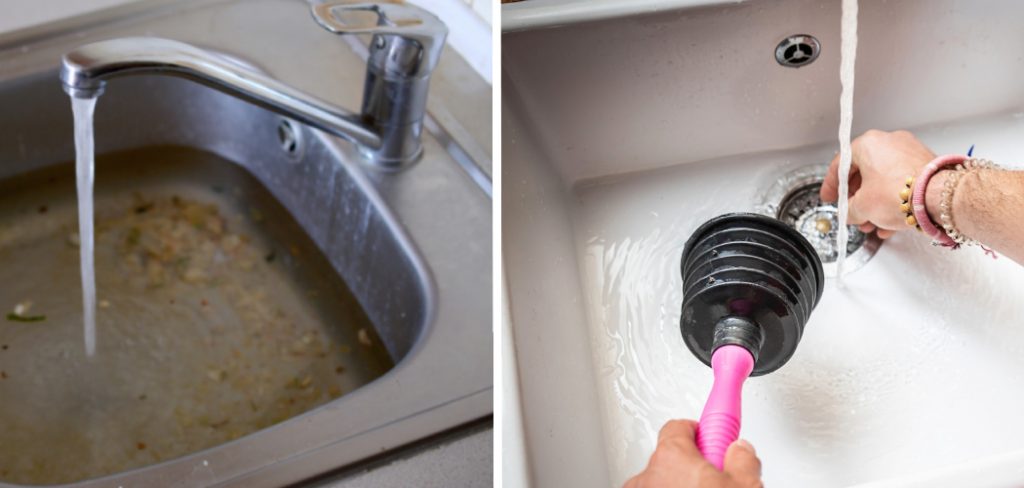
In this blog post, we will provide some tips on how to keep your drains clean. We’ll also provide tips on what to do if your drain does become clogged. One of the best ways to keep your drains clean is to prevent things from going down them in the first place. This means being mindful of what you put down your sink, shower, and toilet. Read on for all the details.
6 Common Reasons That Results Clogged Up Drain
1. Too Much Toilet Paper
One of the most common reasons for a clogged toilet is using too much toilet paper. Toilet paper is designed to break down in the water, but using too much of it can clog your pipes. If you constantly have to plunge your toilet, it’s probably because you’re using too much toilet paper. Try using less toilet paper or switching to a thinner brand.
2. Flushing Non- flushable Items
Another common reason for a clogged toilet is flushing items that are not meant to be flushed. This includes diapers, feminine hygiene products, baby wipes, and paper towels. These items do not break down in the water and can quickly cause a clog. If you must flush these items, wrap them in several layers of toilet paper first.
3. Soap Scum
Soap scum can also cause your drains to become clogged. Soap scum is the residue left behind by bar soap and body wash. It can build up on the walls of your pipes and eventually cause a blockage. To prevent soap scum from building up, use liquid soap instead of bar soap and avoid letting water sit in the drain after showering or bathing. If your drain is already clogged with soap scum, you can use a plunger or a plumber’s snake to break up the blockage.
4. Grease and Oil
Grease and oil are other common causes of clogged drains. When these substances cool, they can solidify and cling to the walls of your pipes. Over time, they can build up and cause a blockage. To prevent grease and oil from clogging your drains, wipe them out with a paper towel after cooking and dispose of them in the trash instead of pouring them down the drain.
5. Food Scraps
Food scraps are another common cause of clogged drains. When food scraps are disposed of in the sink, they can quickly build up and block the water flow. To prevent food scraps from clogging your drain, dispose of them in the garbage rather than down the sink.
You Can Check It Out to Clean Calcium Buildup on Sink Faucet
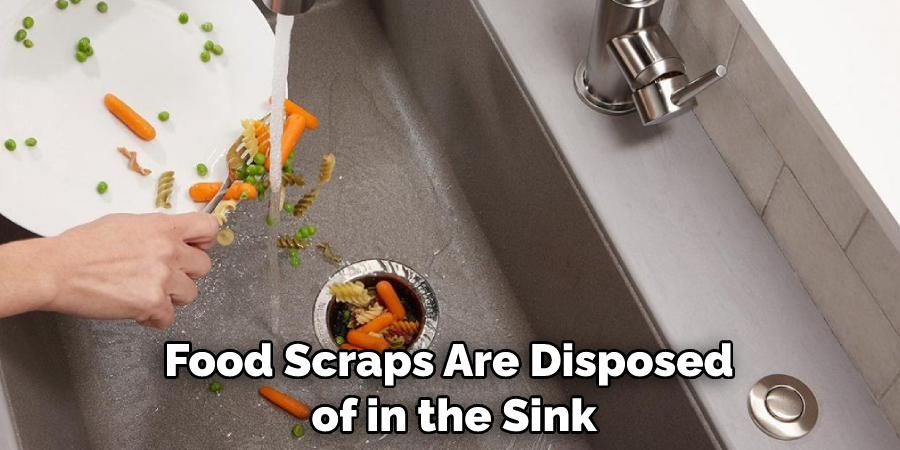
6. Foreign Objects
Foreign objects such as toys, jewelry, and hair accessories can also cause clogged drains. These objects can fall into the drain and become lodged in the pipes, preventing water from flowing through. If you have young children, keep an eye on them near sinks and toilets to prevent them from dropping anything down the drain. If a foreign object causes the clogged drain, you may be able to remove it yourself with a pair of pliers or a wire hanger.
10 Effective Ways on How to Keep Your Drains Clean
1. Use a Drain Cover.
One of the simplest ways to clean your drains is to use a drain cover. A drain cover helps to catch hair, food, and other debris that can clog your drains. Additionally, cleaning your drain cover regularly is important to prevent build-up. Make sure the drain cover you use is the right size for your drain.
2. Run Hot Water Down Your Drains.
Hot water helps to break down grease and soap scum, which can clog your drains. Run hot water down your drains regularly, especially after cooking or using the bathroom.
You may need a plunger or a drain snake if your drain becomes too clogged. Be sure to follow the instructions on using these tools properly so you don’t damage your plumbing.
3. Use a Natural Drain Cleaner.
You can try a few natural alternatives if you want to avoid using harsh chemicals to clean your drains. Pour 1/2 cup of baking soda down the drain, followed by 1/2 cup of vinegar. Let the mixture sit for a few minutes, then flush with hot water.
You can also use boiling water to break up any clogs. If your clogged drain is really stubborn, try using a plunger or a plumber’s snake.
You Can Check It Out to Clean Blanco Silgranit Sinks
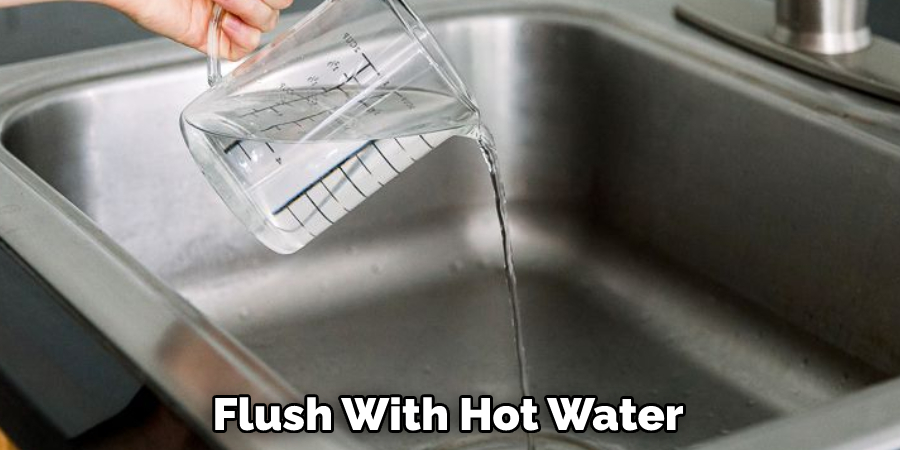
4. Prevent Clogs Before They Happen.
The best way to deal with a clogged drain is to prevent it from happening in the first place. First, make sure you’re only putting things down the drain that belong there. Avoid pouring grease, oil, or food scraps down the drain. These can all solidify and clog your pipes.
You should also be sure to clean your drains regularly. This will help remove any build-up that could lead to a clog. You can use a store-bought cleaner or a homemade baking soda and vinegar solution. Run hot water down the drain after you’ve cleaned it to flush away any residual cleaner.
5. Use Baking Soda and Vinegar.
Baking soda and vinegar is a natural way to clean your drains. Simply pour 1/2 cup of baking soda down your drain, followed by 1/2 cup of vinegar. Allow the mixture to sit for 30 minutes, then flush with hot water. Make sure to do this once a month to keep your drains clean and clear. However, if your clogged drain is really bad, you can do this every day for a week.
6. Use a Plunger.
If your drain is already clogged, you can use a plunger to try and dislodge the blockage. Cover the overflow hole with a wet rag before plunging, as this will help create suction. Then, plunge up and down several times before giving up. If you want to ensure your plunger is always ready, keep it in a cup under your sink.
7. Use Boiling Water.
Boiling water is another effective way to break down grease and soap scum that may be clogging your drains. Simply bring a pot of water to a boil and carefully pour it down your drain. Flush with cold water afterward.
Make sure your stopper is secure before boiling water. If the clog is bad, you may need to repeat this process several times.
8. Use Borax Powder.
Borax powder is an effective natural cleaner used on various surfaces, including drains. Simply sprinkle some borax powder into the drain and let it sit for an hour before flushing it away with hot water.
Ensure your drain is well-ventilated while the borax powder is sitting in it. If the drain is slow-moving, repeat the process a few times a week until it improves. Borax powder is also effective at preventing drain clogs from happening in the first place.
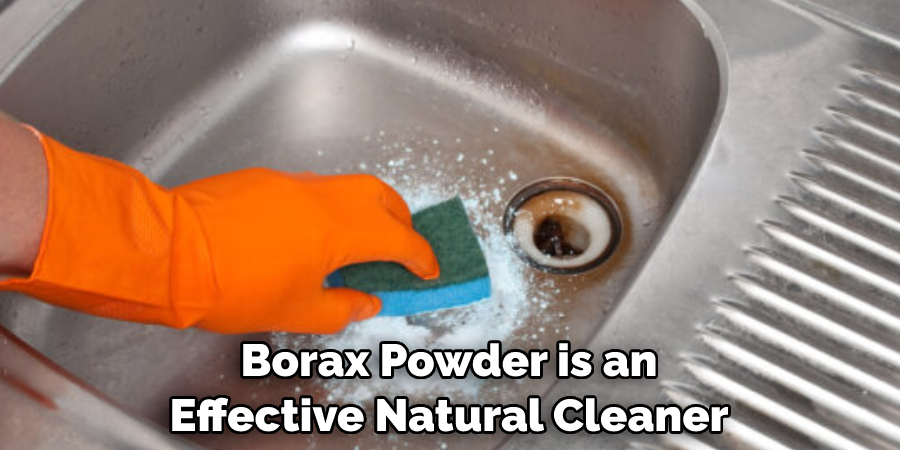
9. Use a Wire Hanger.
If you don’t have a plunger handy, you can use a wire hanger to try and remove a drain clog. First, straighten out the hanger and make a small hook at one end. Next, insert the hanger into the drain and try to hook the clog, and pull it out. Flush with hot water afterward. If the clog is really stubborn, you may need to use a plumber’s snake.
10. Call a Plumber.
If you’ve tried all of the above methods and the clog is still persistent, it’s time to call a plumber. They will have the tools and experience necessary to remove the clog and get your drains flowing freely again. In the meantime, avoid using the sink or shower until the clog has been removed. Also, ensure you’ve turned off the water to the sink before the plumber arrives so they can work quickly and efficiently.
Clogged drains are a nuisance, but with a little elbow grease and these simple tips, you can clear them out yourself without having to call a professional. Of course, remember to take caution when using any chemicals, as they can damage your pipes. But, with a little patience and perseverance, you’ll have your drains flowing freely again in no time.
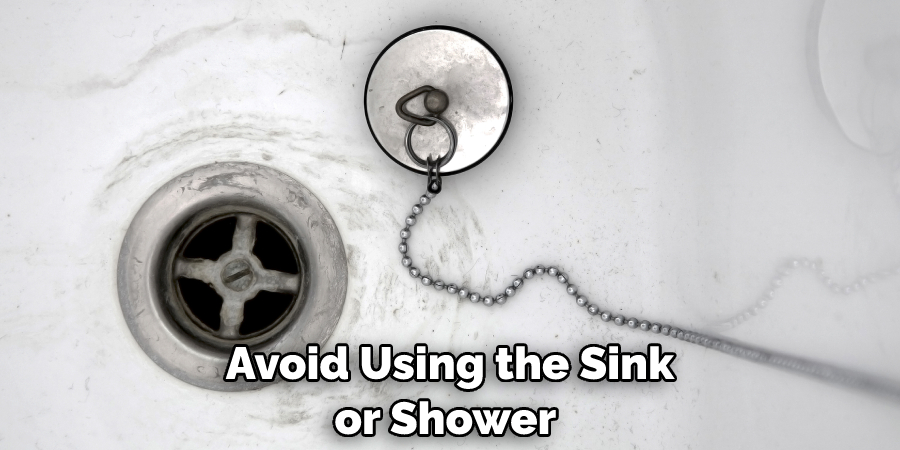
Final Words
You can use several different methods how to keep your drains clean and free-flowing. Contact a professional plumbing service if you have any questions or need help with clogged drains. They will have the tools and experience necessary to fix the problem quickly.
Meanwhile, if you want to take matters into your own hands, remember to use caution and follow the manufacturer’s instructions when using caustic chemicals. Preventative maintenance goes a long way in keeping your drains flowing freely. Do you have any other tips for keeping drains clear? Share them with us in the comments below!
You Can Check It Out to Clean Sewer Vent Pipe

